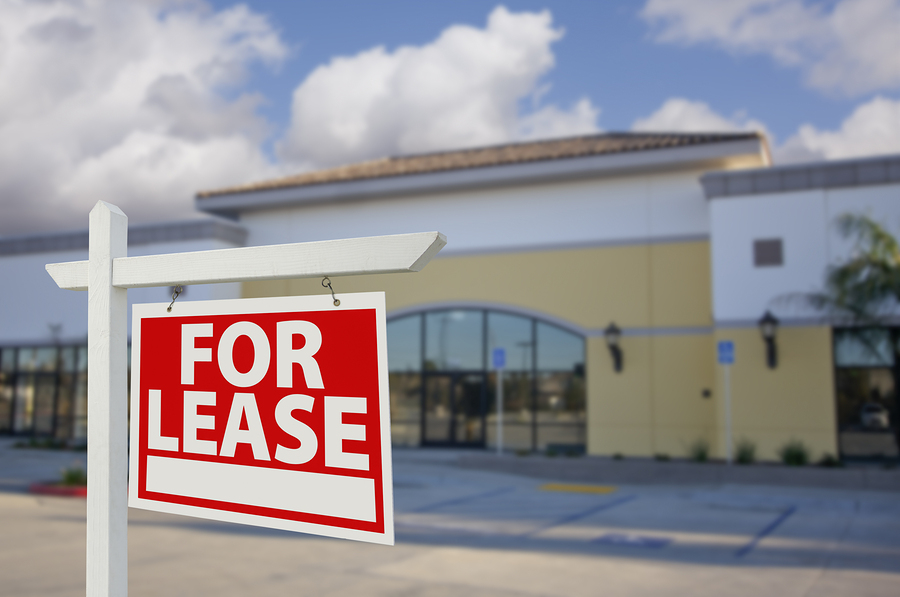Top 5 Reasons to Hire a Commercial Real Estate Professional
Business owners looking to buy or lease a commercial property for their company are sometimes hesitant to enlist the services of a commercial real estate broker. Owners think that they might be able to save some money by embarking on the property search and navigating through the negotiating and closing process on their own.
However, commercial property brokers are well worth the investment for a number of reasons. Here are the top five reasons to consider working with a broker when it comes time to find your next commercial property.
1. Save Time

Business owners pour a lot of time into their companies; realistically, they probably don't have much free time to spend looking through listings, scheduling calls or appointments with the listing agents, visiting the properties, checking zoning laws, and negotiating rates.
A commercial real estate broker can do the lion's share of the work, allowing the business owner to focus on running their business instead of getting bogged down in the endless searching, negotiations, and paperwork that comes with leasing a commercial space. A broker will work with a business owner to understand their needs and put in the time to find potential properties to suit those needs.
2. Save Money
Some business owners might be hesitant to enlist the help of a commercial real estate broker because they are wary of the fees or commission that the broker will charge. However, the broker's commission is typically split between the landlord and the tenant, and businesses rarely have to pay out-of-pocket for their share of the commission.
In reality, even with the cost of a commission factored in, most companies who work with a commercial broker end up saving money. A commercial real estate broker knows the ins and outs of the market, is skilled at negotiating, and is able to help spot troublesome costs or hidden fees in a potential lease that someone without experience might not catch. In the end, a small commission will save you much more in the long run.
3. Listing Access

Searching for a commercial space is a lot different than looking for a house through residential real estate means. There are many different listing platforms for commercial properties and not all of them are available to the public. Commercial realtors pay significant fees in order to access these listings, and often times, some of the best properties are listed behind that pay wall.
In addition, with residential real estate, market information is easily accessible to individuals through the MLS system. With commercial real estate, only licensed realtors and brokers typically have access to that information, which is crucial to finding the right property for your needs and getting a fair deal on it.
4. Market Knowledge and Specialization
When you work with a commercial real estate broker, you have a highly skilled specialist on your team to go to bat for you. Your broker is on your side and will use their market knowledge to get you the best possible property at the best possible price. A commercial broker will be able to weed out the bad deals from the good ones and present you with only the options that will prove to be beneficial for you and your business.
The market is always changing and varies quite a bit in different locations, but your broker will have the insight and knowledge needed to get you the best deal for your budget.
5. Contacts
By choosing a broker with a strong background and years of experience, you're also getting access to their vast and well-connected network of contacts. Networking is a huge part of the real estate industry, and a good broker will have access to resources that you could never tap into as an individual business owner looking for your next commercial property. Even if your broker doesn’t immediately find a property to fit your needs or your budget, there’s a good chance he or she has contacts with a lead on or access to that perfect property.
Call an Expert!
It takes an intelligent, hard-working, and devoted individual to own or run a business, but just because someone is great at running their own company doesn’t mean they’re going to do a good job when it comes to buying or leasing a commercial space for the business. By working with a commercial real estate broker, not only can business owners save time and money, but they’ll have access to the best possible properties available and the peace of mind that the process will go smoothly with the help of an expert in the field.
Contact Steve Freeman, CIPS Coldwell Banker Commercial Alfonso Realty, Ocean Springs
Comments
Post a Comment